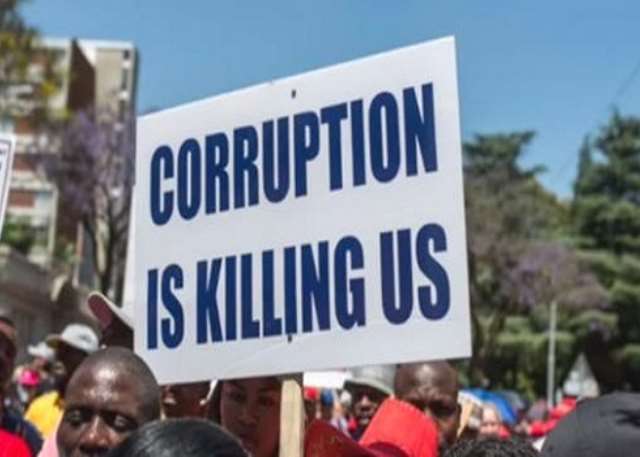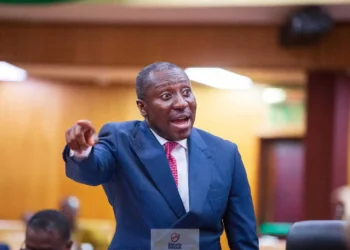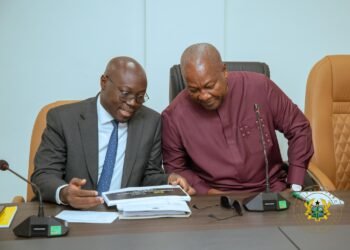Corruption remains one of Ghana’s most pressing challenges, threatening the very foundations of governance and development.
At a national dialogue organized by the National Commission for Civic Education (NCCE), Deputy Chairman in charge of General Services, Mr. Victor Brobbey, delivered a strong message, calling on every Ghanaian to join the fight against what he described as “the greatest danger, besides poverty, we have had to grapple with as a people.”
The dialogue formed part of the “Strengthening the Rule of Law and the Fight Against Corruption in Ghana” project, jointly funded by the European Union and implemented by the German development agency, GIZ.
The event brought together key stakeholders, civil society representatives, and policymakers to discuss strategies aimed at tackling corruption and promoting good governance.
Mr. Brobbey expressed deep concern over what he termed a “subtle but corrosive decline of the very values that underpin our democracy and shared humanity.”
He warned that corruption is more than just financial mismanagement; it is a moral crisis that erodes the principles of justice and undermines the rule of law.
According to him, when society creates an environment—either intentionally or unintentionally—that allows corruption to thrive, it signals a troubling loss of moral direction.
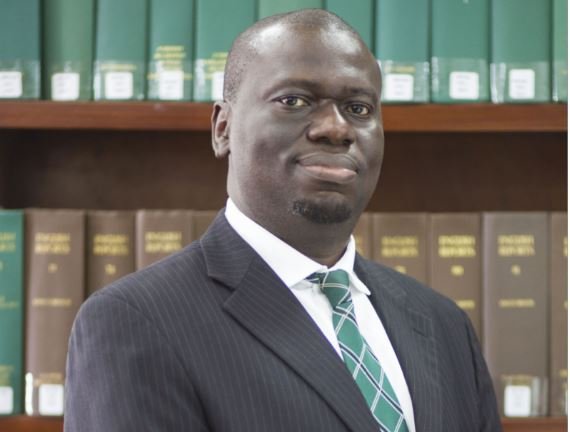
This, he explained, not only weakens public trust but also threatens the observance of true justice in the country.
“Our revered institutions remain untainted, and there are stories of traditional authorities and religious leaders, who are supposed to serve as gatekeepers, demanding monetary favours before granting audience; how can we build a just society this way?”
Mr. Victor Brobbey
Ghana’s Declining Performance in Corruption Index
Adding to Mr. Brobbey’s remarks, Mr. Kweku Lartey Obeng, a representative from GIZ, presented sobering statistics that revealed the severity of Ghana’s corruption problem.
He highlighted Ghana’s performance in the 2024 Transparency International Corruption Perception Index, where the country ranked 80th out of 180 nations, scoring 42 out of 100.
This marked Ghana’s lowest score in five years, signaling growing mistrust among citizens regarding the government’s ability to effectively combat corruption.
Mr. Obeng explained that this downward trend reflects a widespread perception that corrupt practices are not being addressed decisively.

“The dialogue is thus an opportunity to create awareness, promote cooperation and transparency, and discuss strategies that can lead to the creation of an accountable and just society.”
Mr. Kweku Lartey Obeng
These findings, he noted, highlight the urgent need for collective action by state institutions, civil society, and the public to reverse this negative trajectory and restore confidence in governance systems.
Public Service Loopholes Fuel Corruption
In his closing remarks, Mr. Samuel Asare Akuamoah, Deputy Chairman of Operations at the NCCE, acknowledged that while Ghana’s public service operates under a robust bureaucratic framework, there are still loopholes that unscrupulous individuals exploit for personal gain.
He described it as unfortunate that, despite numerous reforms, some public servants continue to manipulate the system to engage in corrupt practices.
Mr. Akuamoah called for stricter enforcement of laws to punish those who attempt to cheat the system, emphasizing that accountability must be consistent and non-negotiable.

Mr. Akuamoah further urged participants to return to their respective communities and spread the message of integrity and collective action.
He emphasized that fighting corruption cannot be the responsibility of a single institution or individual but requires the united effort of all citizens. “With unity, we will triumph in this fight,” he stated passionately.
The Way Forward
The national dialogue highlighted the urgency of addressing corruption at every level of society. Participants agreed that combating this menace requires both preventive and punitive measures.
Preventive measures include civic education, strengthening moral values, and ensuring that institutions operate transparently. On the other hand, punitive measures must focus on swift investigations and prosecution of offenders to serve as a deterrent.
Mr. Brobbey’s call to action serves as a reminder that corruption is not merely a government problem but a societal one.
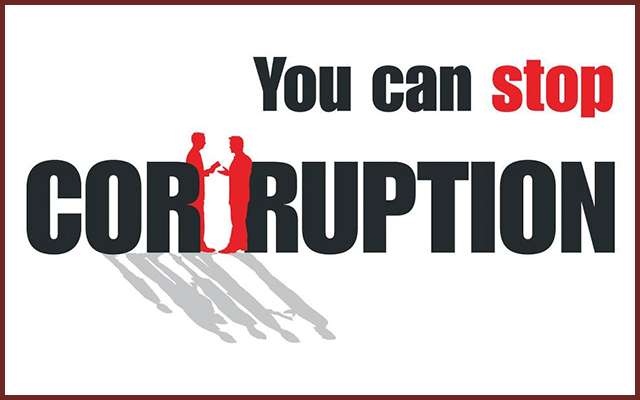
From religious leaders to traditional authorities, public servants, and ordinary citizens, everyone has a role to play in building a culture of honesty and accountability.
Stakeholders at the dialogue expressed hope that with sustained commitment, Ghana can reverse its declining performance in international corruption rankings and restore faith in the justice system.
However, they cautioned that without collective effort, corruption will continue to undermine the nation’s progress and weaken its democratic institutions.
READ ALSO: UBA Integrates MoMo with Prepaid Cards for Seamless Transactions

